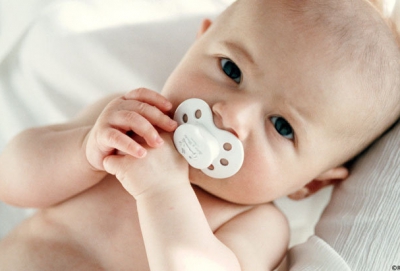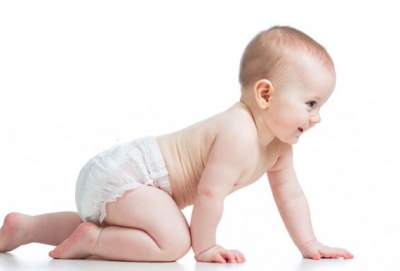No. In fact, studies have shown that babies who use a walker may actually learn to walk about a month later than those who don\'t. Walkers allow babies to move around before they are physically ready for it, which can cause unusual movement patterns and delayed muscle control.
Babies learn to walk in part by watching and understanding how their feet and legs move. If a walker has a tray, they can\'t see what\'s happening with their lower body and don\'t get the information they need about their motor development.
The American Academy of Pediatrics recommends against using walkers not only because they can discourage your child from learning to walk on his own, but also because they can be dangerous. Thousands of babies end up in emergency rooms and doctor\'s offices from falling down stairs or bumping into furniture while in a walker. Walkers can give parents a false impression that their babies are truly mobile and can control their actions. Some parents even leave their babies alone to navigate their way around the home in a walker.
Exersaucers, as well as door jumpers, are much safer alternatives, but none of these options will help your child learn to walk earlier than usual.
Editor\'s note: In general, baby walkers have gotten safer since the early 2000s, when the U.S. Consumer Product Safety Commission worked with manufacturers to develop better safety standards for these products. Walkers on the market now should have \"stair-fall protection\" — either a gripping mechanism that keeps the walker from going over the edge of a stairwell or a design that prevents the walker from fitting through a doorway. However, some manufacturers continue to ignore these standards. Also, older walkers (such as those bought secondhand) may not have these safety features.








